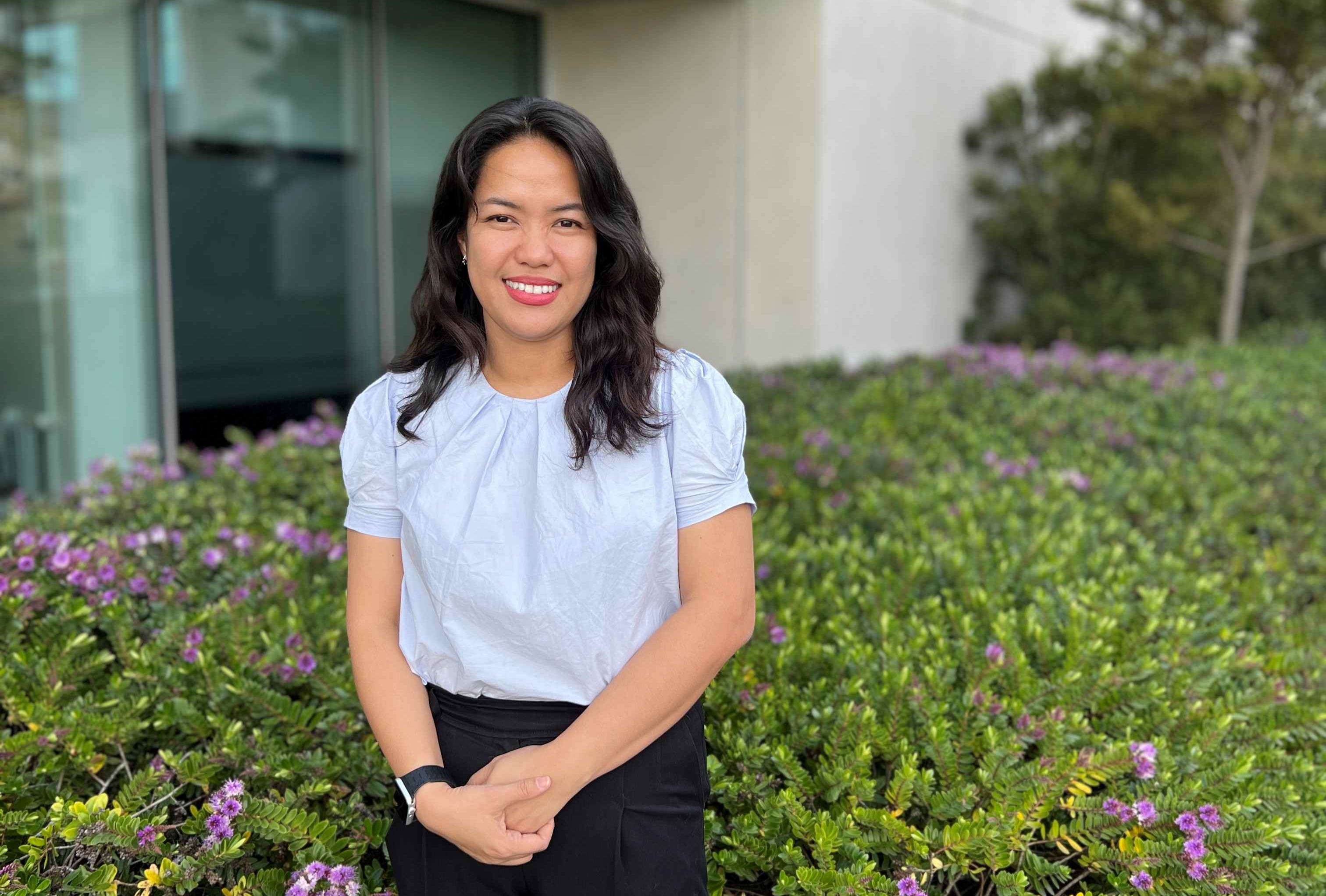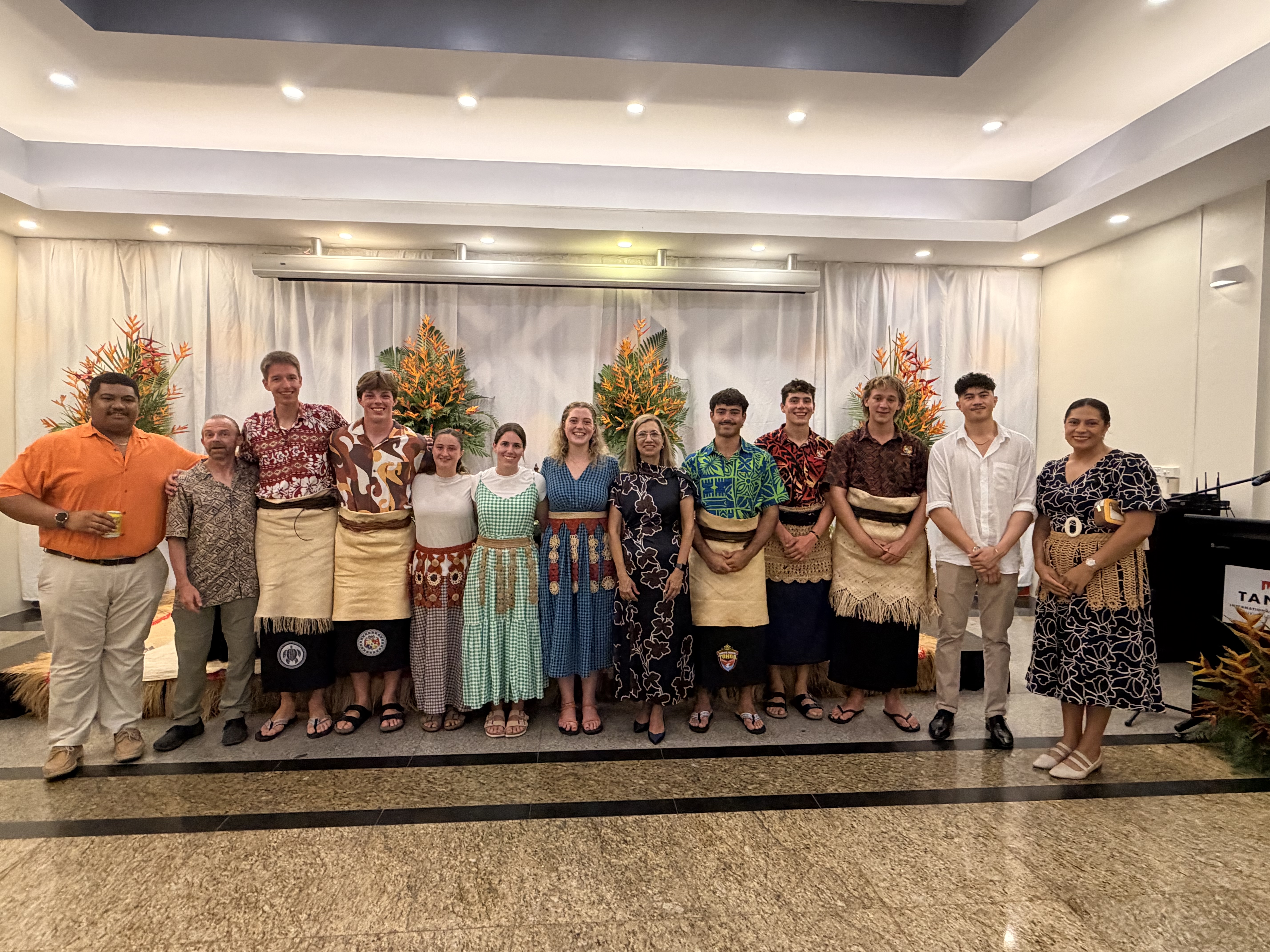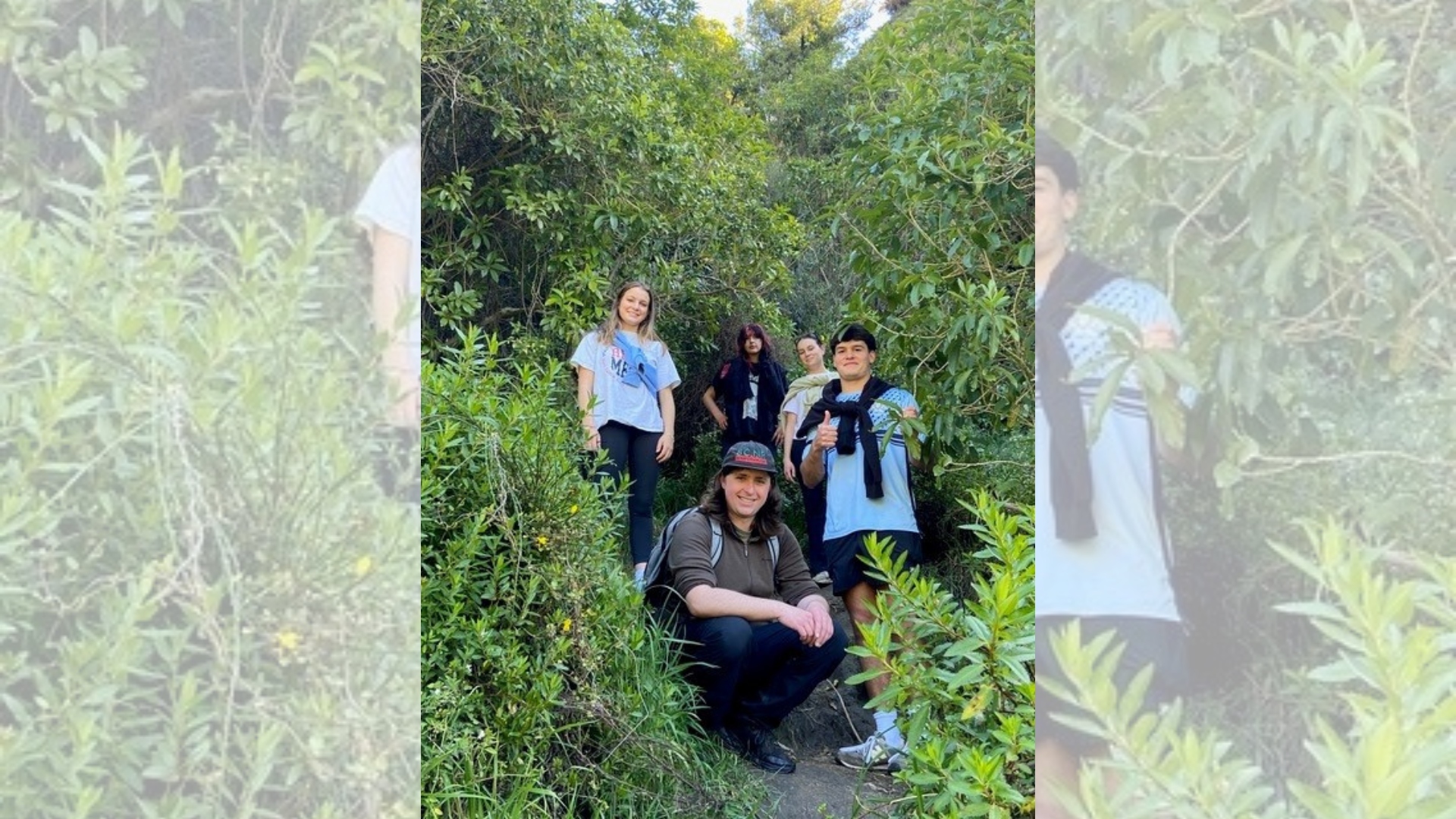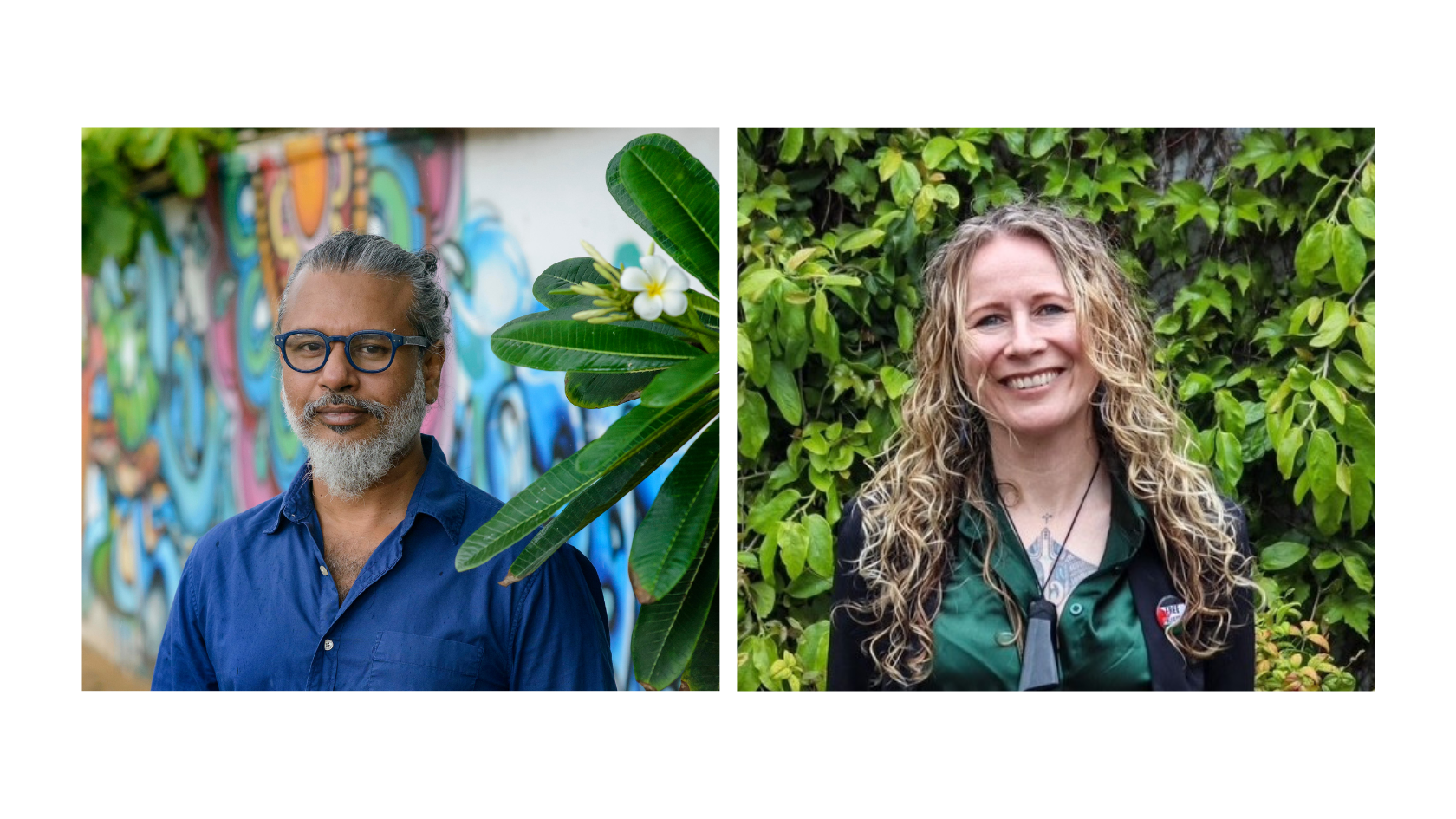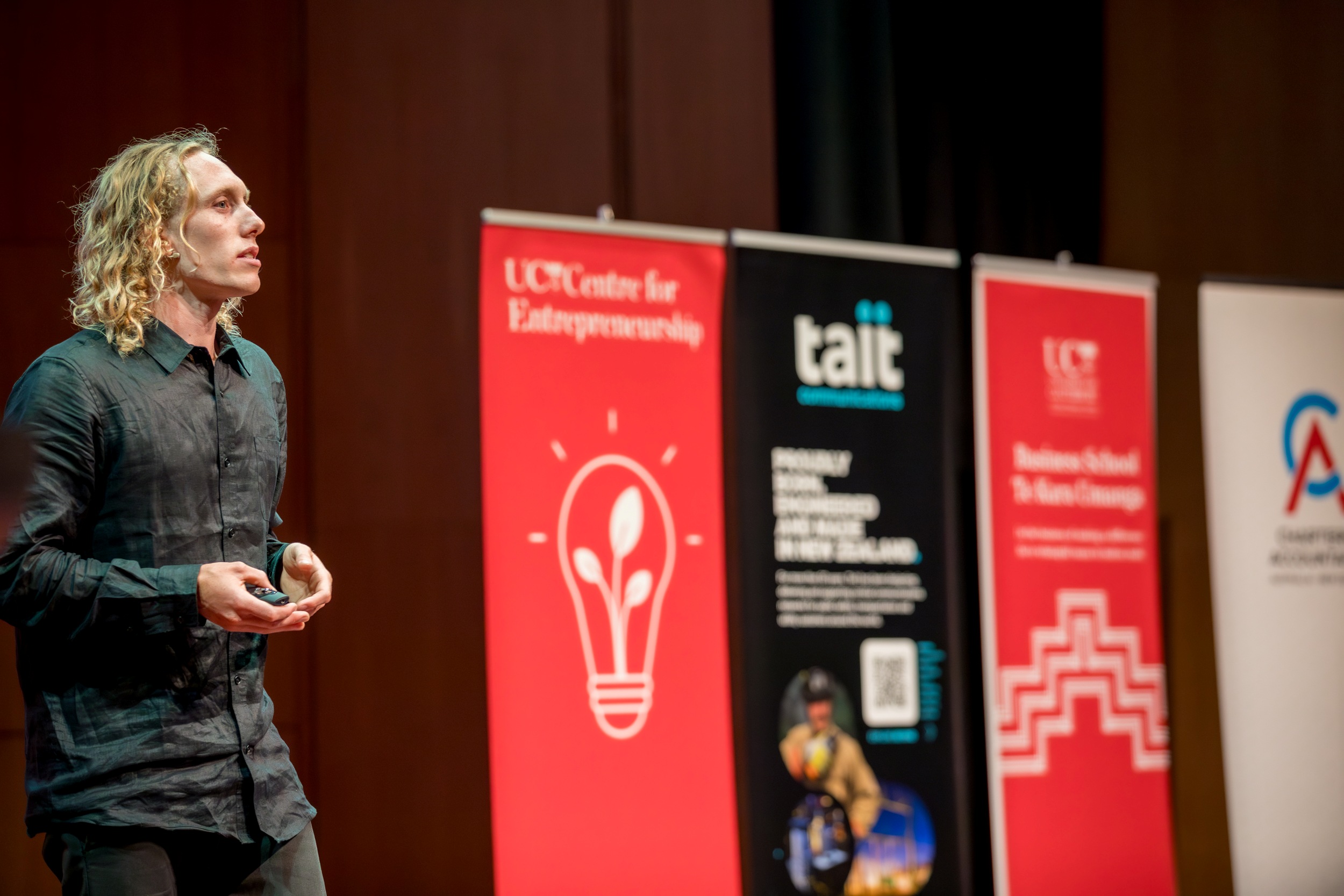Te Whare Wānanga o Waitaha | University of Canterbury (UC) environmental microbiologist Professor Matthew Stott is one of the few scientists in Aotearoa New Zealand who studies life in the planet’s most hostile environments, from boiling hot springs to the icy slopes of Antarctica.
Described as the Indiana Jones of New Zealand microbiology, Professor Stott calls his field “extreme microbiology”, but his colleagues jokingly call it “adventure microbiology.”
“I get to go to amazing places, places few people have ever been, and study organisms that survive where almost nothing else can,” he says. “It’s a real privilege to see life thriving under such extreme conditions.”
Alongside his research achievements, Professor Stott is recognised for his leadership and commitment to supporting emerging scientists. He encourages young researchers to stay curious, embrace challenges and collaborate widely.
“Take small steps, each one leads to something bigger,” he says. “Surround yourself with smart people, be embrace criticism, and use it to make your research stronger.”
His fieldwork has taken him from Yellowstone National Park to deep-sea hydrothermal vents, and he has recently returned from Mount Erebus in Antarctica, one of the world’s most active volcanoes. The expedition investigated microorganisms that flourish amid sub-zero ice and volcanic heat, offering clues about how life adapts to extreme change.
In Aotearoa New Zealand, he leads studies of geothermal microbes that are transforming understanding of biodiversity and resilience. Among his team’s most significant findings is the discovery of a new class of phospholipid, a special fat molecule that forms the protective outer layer of every living cell and is essential for life. The molecule, found within a bacterium from a North Island hot spring, is only the third of its kind ever identified.
“Phospholipids were first discovered in the 1880s,” he says. “To find a new one more than a century later, and in an organism from our own geothermal systems, was incredibly exciting.”
Building on this work, he led the 1000 Springs Project, an ambitious survey of nearly 1,000 geothermal springs across Aotearoa New Zealand. The research revealed thousands of previously unknown microorganisms and shed new light on the delicate balance of geothermal ecosystems.
Professor Stott’s research extends beyond discovery to partnership and sustainability. Working with Tauhara North No. 2 Trust, he and his collaborators are developing a bioreactor that uses native microorganisms to convert greenhouse gases from geothermal power stations into useful products.
“Our partnership combines science and mātauranga Māori to create solutions that benefit people, the planet and future generations,” he says.
Professor Stott’s international leadership, pioneering discoveries and dedication to nurturing future researchers have earned him the 2025 University of Canterbury Research Medal, the University’s highest academic honour for research excellence.
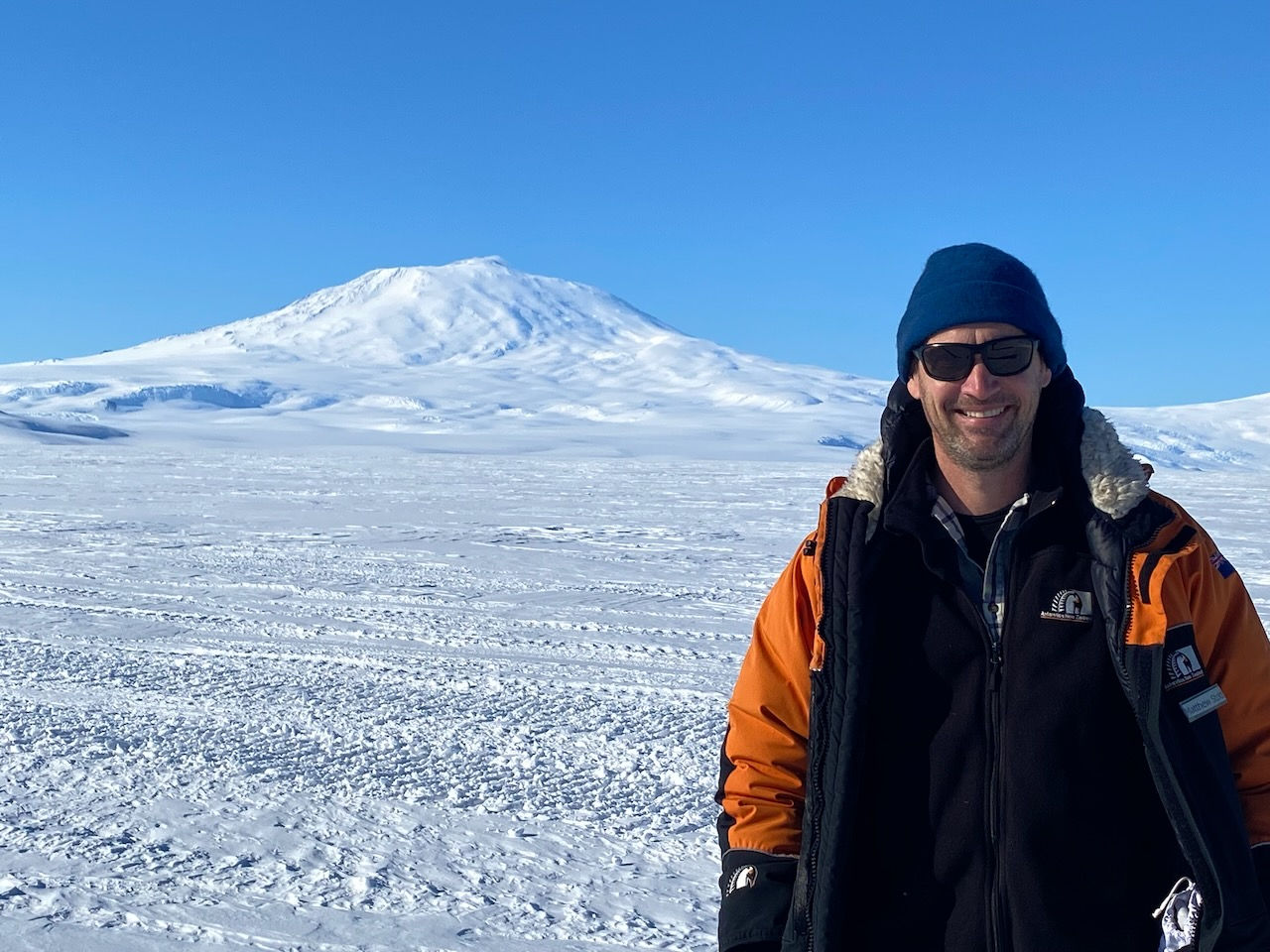
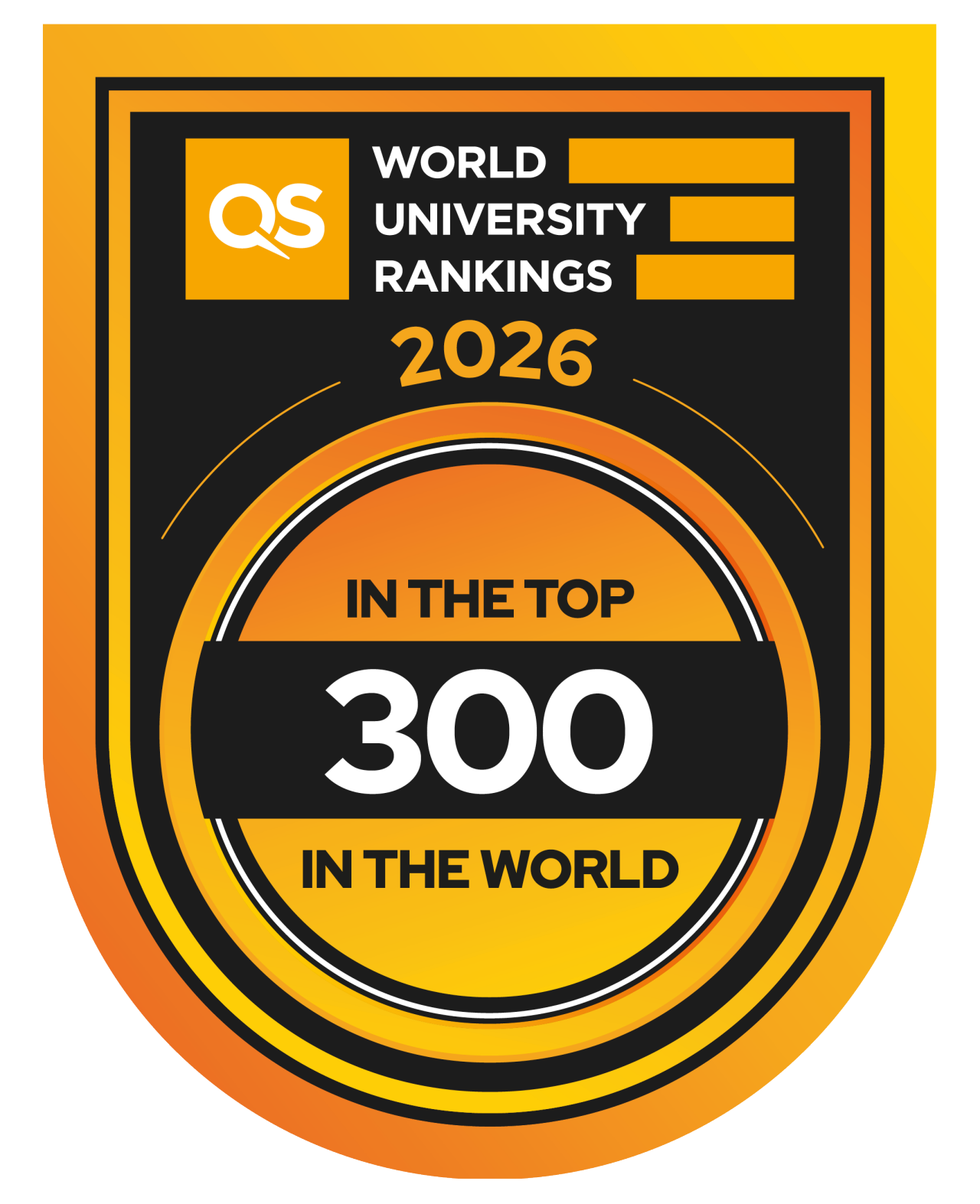
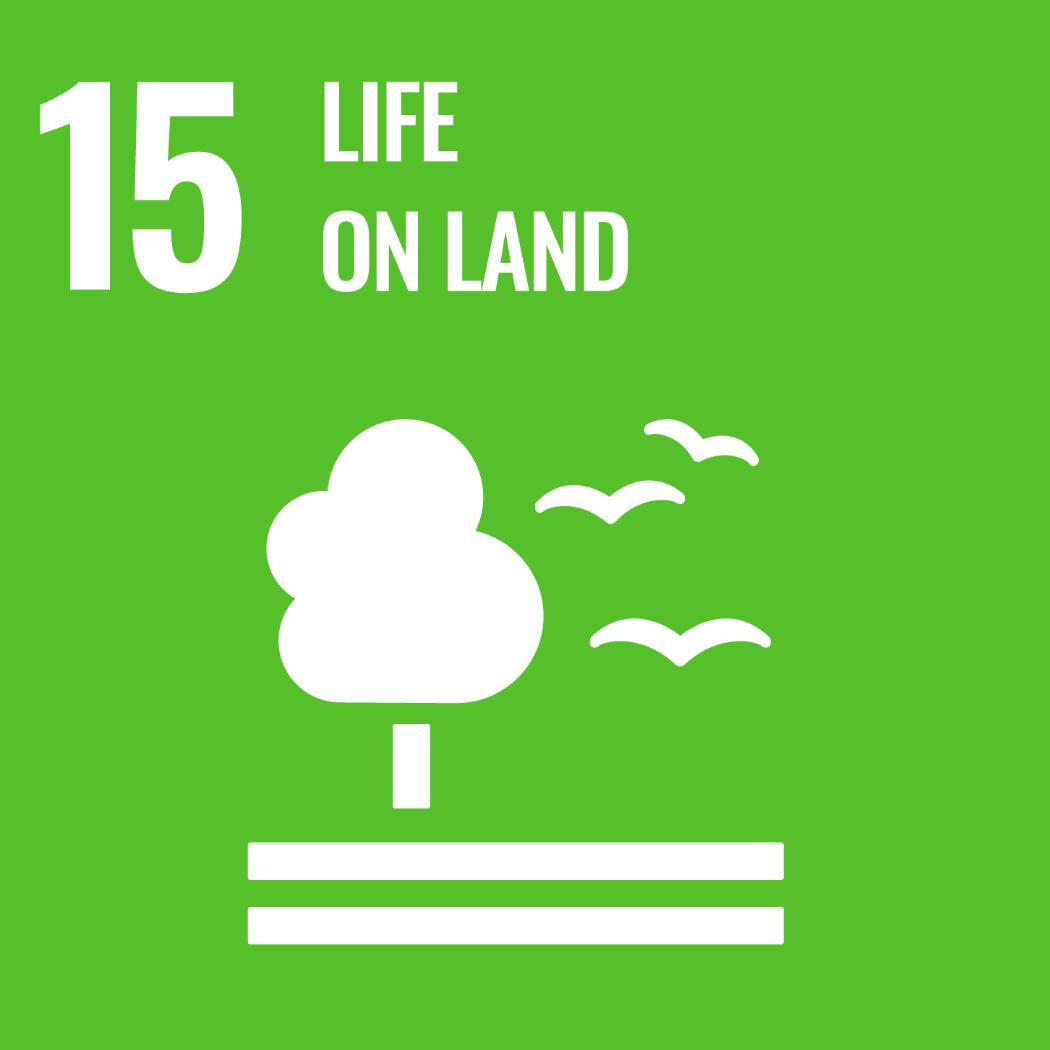


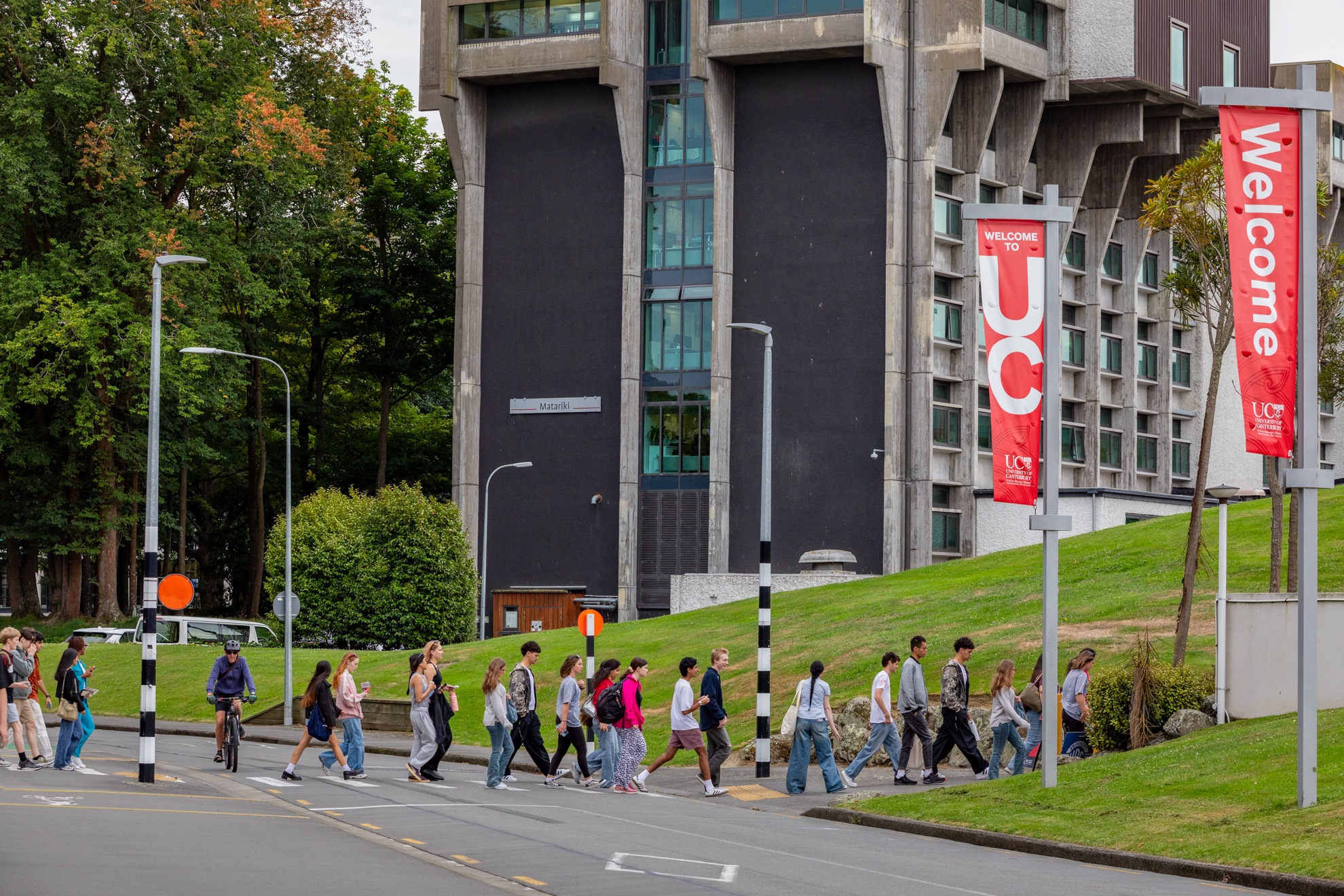
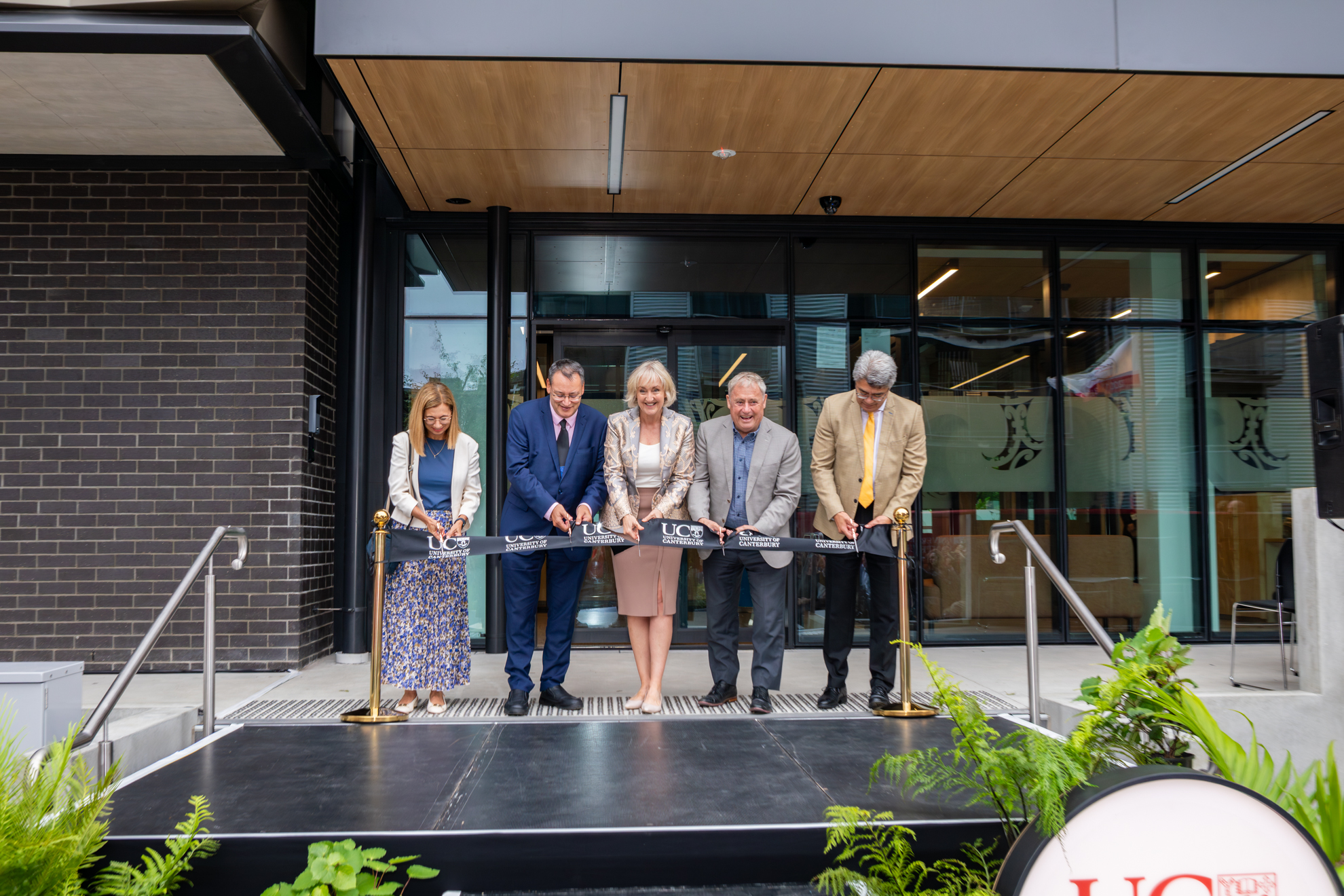
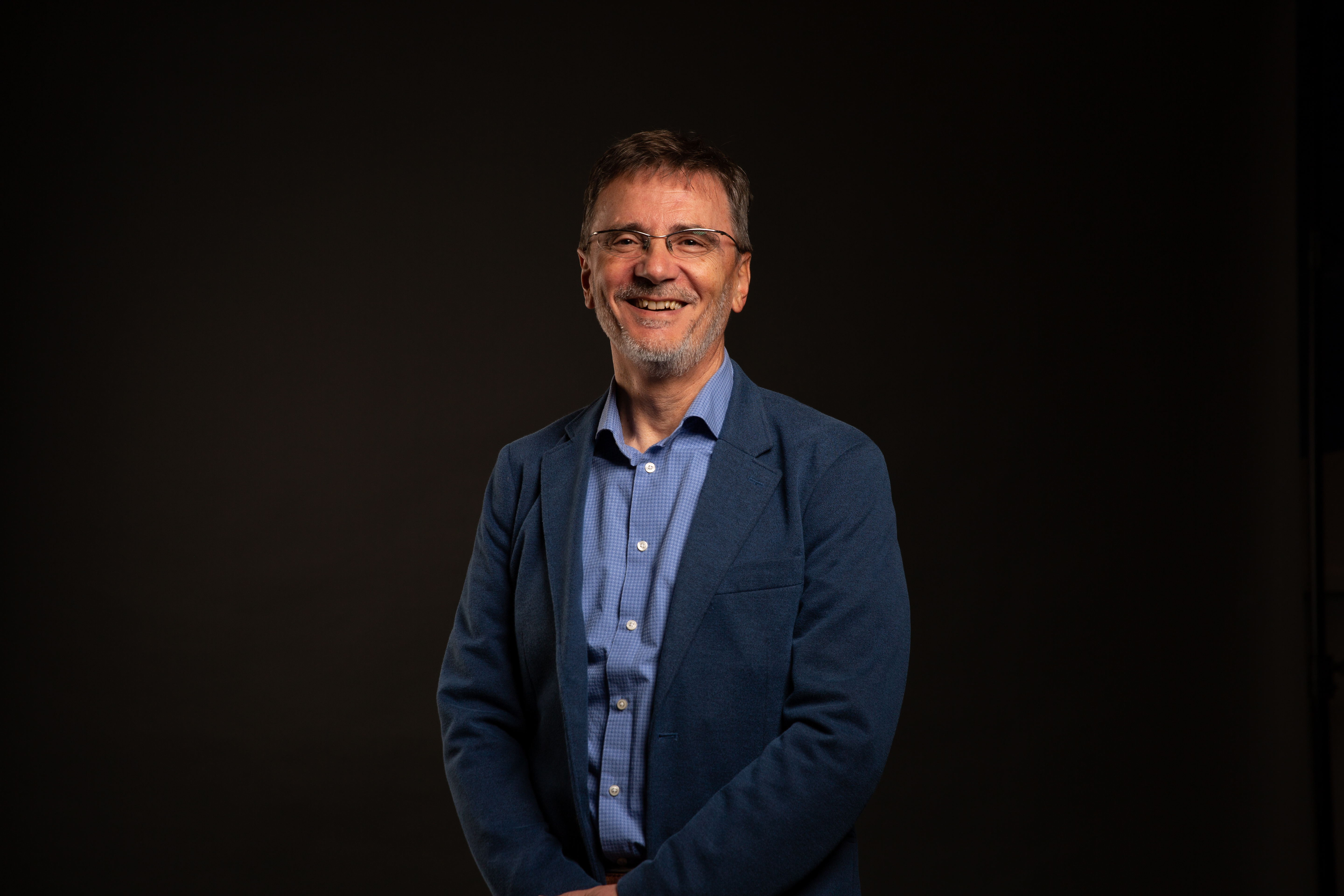
.png)
